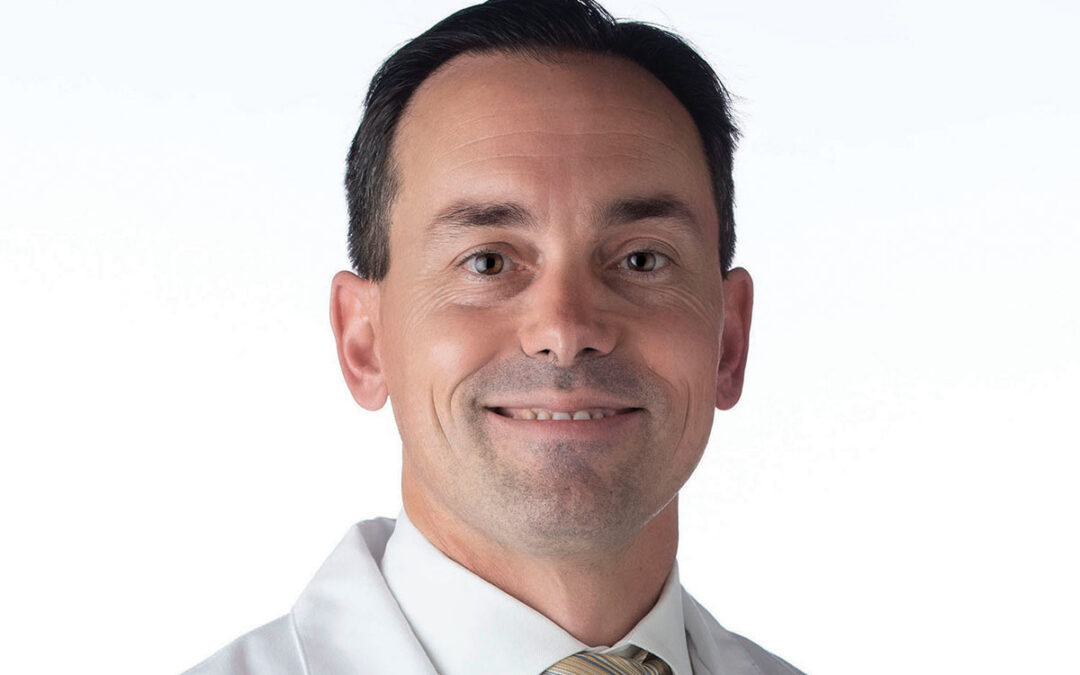
Primary Care Physicians Provide Annual Screenings and Personalized Care Through Every Stage of Life
By Paul J. Watkins
People need to have a skilled healthcare provider on which to depend in every stage of life, particularly as they grow older and often develop ongoing health issues. They benefit from having a medical professional who can diagnose and manage those issues and also provide preventative care through annual screenings. A primary care physician, or PCP, is specially trained to fill that role for a lifetime.
“Primary care physicians are the first stop for a whole breadth of care, whether it’s pediatric care, women’s health, or geriatric care,” says Monica Chopra-Miller, MD, a primary care physician board certified in family medicine. She is the medical director at MedFirst Primary Care in San Antonio.
“My goal is to see you through the longevity of your life. I start when you’re younger. When you have children, I take care of your family. I help you navigate through middle age and the medical problems that often come with it. In the final stage of life, I talk with you about your end-of-life decisions. You form a relationship with me – someone who knows your goals as a patient but also knows you as a person.”
Primary care physicians conduct annual screenings for diseases such as breast cancer and cervical cancer. “The annual wellness visit, or yearly physical, allows us to diagnose conditions early. Women who have primary care physicians and are diagnosed with breast cancer tend to be diagnosed at a much earlier stage. Research shows that populations that have more PCPs per capita tend to have a longer life expectancy.
“The wellness visit allows us to discuss issues that we may not have time to discuss during an acute illness visit. For women, we talk about bone density testing, which starts at age sixty-five, depending on risk factors. We talk about depression and other mental health issues and discuss support services that might be pertinent to our elderly or disabled population.”
Medicare recipients are eligible for an additional annual screening, but Dr. Chopra-Miller says patients often don’t understand how it differs from other PCP visits. “First, there are the regular visits to address either acute problems, like a sore throat, or chronic conditions, like diabetes. Then, there are the yearly physicals. These are health maintenance visits to make sure your colonoscopy, Pap smear, and mammogram screenings are up to date, and I ask questions about symptoms you may be having.
“Finally, there’s the Medicare annual wellness visit, which focuses on health maintenance as well, but I also review your activities of daily living, or ADLs, which includes evaluating how well you’re maintaining your independence at home. This visit reviews what types of social support you have or may need, as well as other issues that could be pertinent to an older patient. An evaluation for fall risk and a cognitive evaluation are also part of the visit.
“The Medicare wellness visit includes a discussion of advanced directives. These concern your overall goals for your plan of treatment and your wishes as you near the end of life or are in an emergency situation. It’s important to discuss these before an incident occurs so that you or your loved ones don’t have to make critical decisions in the heat of the moment.
“Sometimes, as PCPs, we’re the ones who are really champions for our patients,” Dr. Chopra-Miller concludes. “We can guide them and advise them through some difficult diagnoses and conditions. I like being that quarterback for my patient’s care and that person to go to and rely on.”
For more information or to make an appointment, please call 844-8-MY-DOCS (844-869-3627) or visit baptistmedicalnetwork.com.










0 Comments